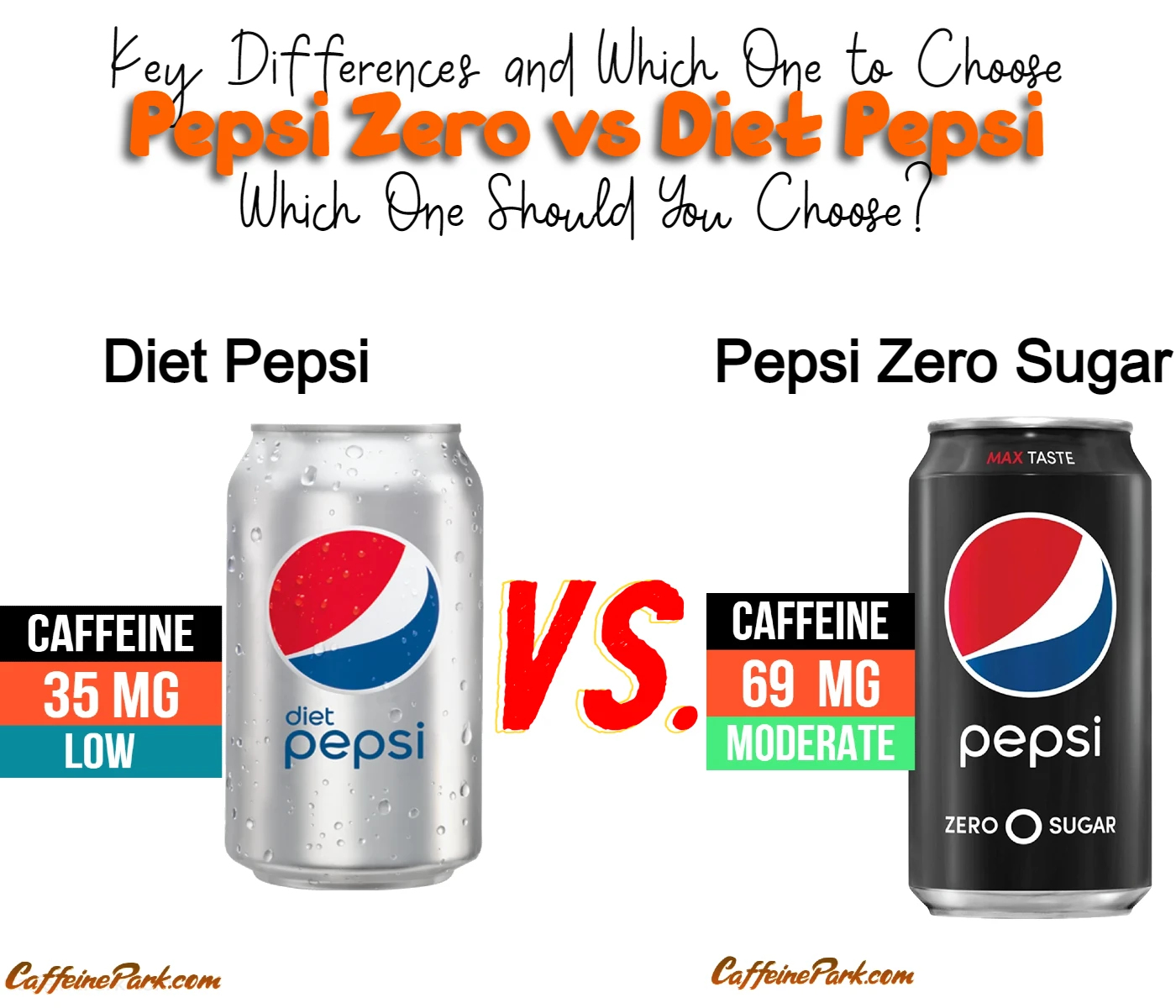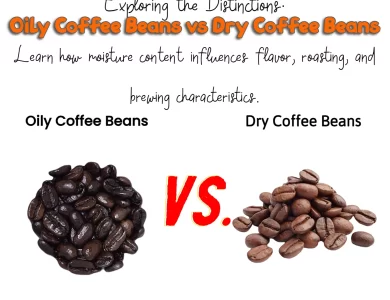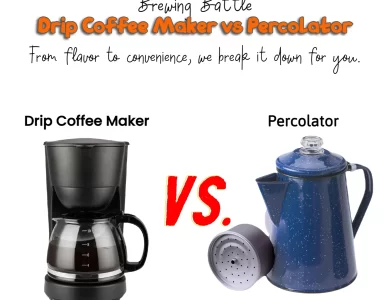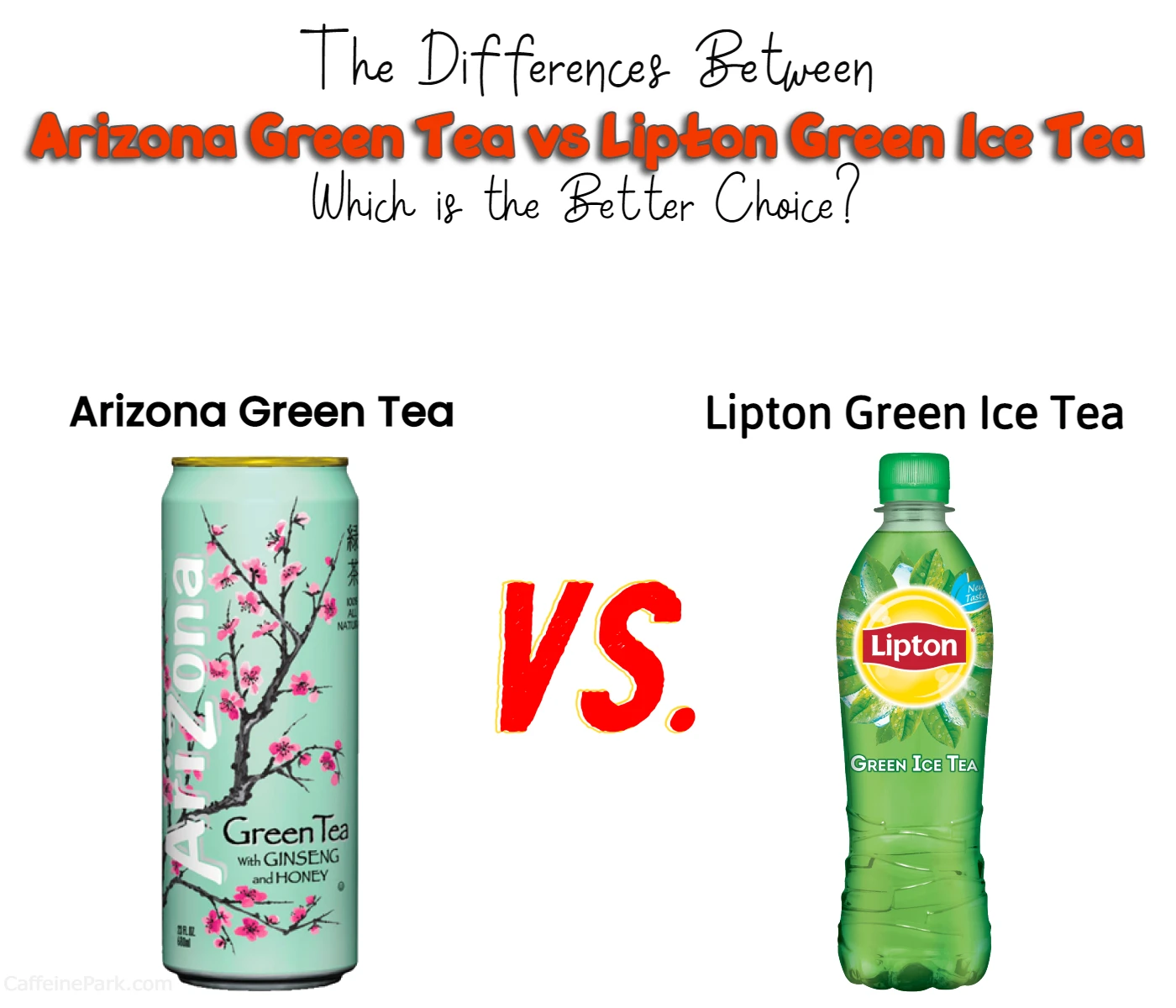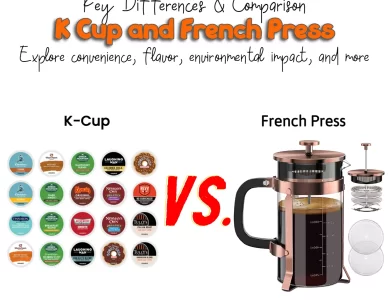Matcha tea vs Oolong
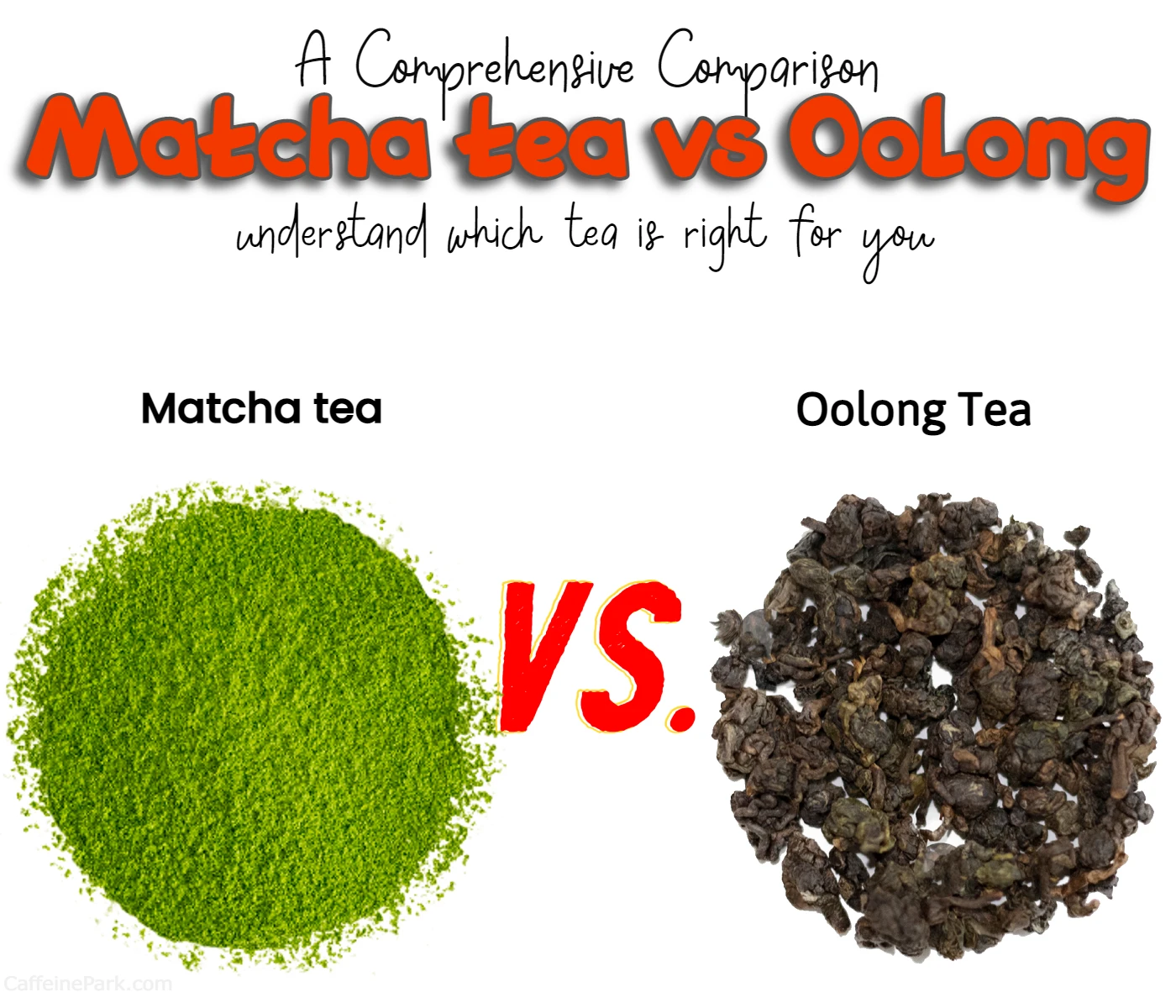
Welcome to my blog where we’ll be discussing the differences between two popular types of tea: Matcha tea and Oolong tea. As a tea lover myself, I always find it fascinating to learn about the unique properties and benefits of different types of tea. Matcha tea and Oolong tea are both known for their distinctive flavor profiles and health benefits, making them a great choice for anyone looking to explore the world of tea.
Matcha tea is a finely ground powder made from green tea leaves. It has a bright green color and a strong, earthy flavor. Due to the way it’s made, Matcha tea has a higher concentration of caffeine and antioxidants compared to other types of tea. It’s often enjoyed in traditional Japanese tea ceremonies and has gained popularity in recent years due to its unique flavor and health benefits.
Oolong tea, on the other hand, is a partially fermented tea with a complex flavor profile that falls somewhere between black tea and green tea. It’s known for its nuanced flavor and aroma, making it a favorite among tea connoisseurs. Oolong tea has been shown to offer health benefits such as aiding in weight loss and improving heart health. It’s a great choice for anyone looking for a flavorful and healthy beverage option.
Here’s a quick comparison chart for Matcha tea vs Oolong tea:
| Matcha Tea | Oolong Tea | |
|---|---|---|
| Flavor Profile | Earthy and slightly bitter | Nuanced and complex, between black and green tea |
| Caffeine Content | High | Moderate |
| Processing | Ground from green tea leaves | Partially fermented |
| Health Benefits | High in antioxidants and caffeine | High in antioxidants and aids in weight loss |
| Preparation | Whisked with hot water | Steeped in hot water |
| Cost | Typically more expensive | Generally less expensive |
Difference between Oolong and Matcha tea
What is Oolong tea?
Oolong tea is a traditional Chinese tea that falls somewhere between green tea and black tea in terms of oxidation. It’s made by withering the tea leaves in the sun, then shaking and tossing them to bruise the edges. This bruising process releases enzymes that react with the oxygen in the air, which causes the tea leaves to oxidize. Once the leaves have reached the desired level of oxidation, they are heated to stop the oxidation process and dried.
The flavor of oolong tea can vary depending on the degree of oxidation. Lighter oolongs, such as Tie Guan Yin, have a floral and fruity flavor, while darker oolongs, such as Da Hong Pao, have a richer, smokier flavor. Oolong tea is often enjoyed without any added milk or sweeteners, as it has a naturally sweet taste and complex aroma.
Oolong tea contains antioxidants that may help reduce inflammation and prevent cellular damage. It also contains caffeine, which can improve mental alertness and cognitive function. Some studies suggest that oolong tea may help lower the risk of heart disease, improve bone density, and aid in weight loss.
What is Matcha tea?
Matcha tea is a type of green tea that is grown and processed differently than other teas. The tea plants are grown in the shade for several weeks before harvest, which increases the production of chlorophyll and gives the tea leaves a bright green color. After harvest, the leaves are steamed, dried, and ground into a fine powder.
When you drink matcha tea, you’re consuming the entire tea leaf, rather than just steeping the leaves in hot water. This means that you get a higher concentration of caffeine and antioxidants than you would from other types of tea. Matcha tea has a rich, vegetal flavor that is slightly bitter and is often served with milk and sweeteners.
Matcha tea contains high levels of antioxidants, which may help protect against cellular damage and reduce the risk of chronic diseases such as cancer and heart disease. It also contains theanine, an amino acid that can promote relaxation and reduce stress. Some studies suggest that matcha tea may help improve cognitive function, boost metabolism, and aid in weight loss.
Oolong tea or Matcha tea
- Flavor: Oolong tea has a more complex flavor profile than matcha tea, with lighter oolongs having a floral and fruity taste and darker oolongs having a richer, smokier flavor. Matcha tea has a vegetal flavor that is slightly bitter.
- Preparation: Oolong tea is typically steeped in hot water for several minutes, while matcha tea is whisked into hot water or milk to create a frothy drink.
- Caffeine Content: Matcha tea contains more caffeine than oolong tea, as you’re consuming the entire tea leaf when you drink matcha.
- Antioxidant Content: Both oolong tea and matcha tea contain high levels of antioxidants, but matcha tea has a higher concentration due to the way it is grown and processed.
Conclusion
Both oolong tea and matcha tea offer unique flavors and health benefits. Oolong tea has a more complex flavor profile and is typically enjoyed on its own, while matcha tea has a vegetal flavor and is often served with milk and sweeteners. Matcha tea has a higher concentration of caffeine and antioxidants due to the way it is grown and processed, but both teas have health benefits that make them a great addition to a healthy lifestyle.
If you’re looking for a tea with a complex flavor and aroma, oolong tea may be the way to go. If you’re looking for a tea that packs a punch in terms of caffeine and antioxidants, matcha tea may be more up your alley. Ultimately, the choice between oolong tea and matcha tea comes down to personal preference and what you’re looking for in a hot beverage.
Regardless of which tea you choose, both oolong tea and matcha tea are excellent options for anyone looking for a flavorful and healthy beverage. They’re easy to find at most grocery stores and tea shops, and can be enjoyed hot or cold depending on your preference. So why not give both a try and see which one you prefer?
Alternative to Matcha and Oolong
If you’re not a fan of Matcha tea or Oolong tea, there are plenty of other types of tea to choose from. Here are some alternatives you might want to try:
- Black tea: This type of tea is known for its bold and robust flavor. It’s made from fully fermented tea leaves and has a higher caffeine content than green tea. Black tea is a great choice if you’re looking for a strong and flavorful tea.
- White tea: This is a delicate and subtle tea made from the youngest leaves of the tea plant. It has a light and refreshing flavor with a hint of sweetness. White tea is low in caffeine and high in antioxidants, making it a healthy choice.
- Herbal tea: Herbal teas are made from a variety of plants and herbs, such as chamomile, peppermint, and ginger. They’re caffeine-free and offer a wide range of health benefits depending on the herbs used. Herbal teas are a great option if you’re looking for a relaxing and soothing beverage.
- Rooibos tea: This is a South African tea made from the leaves of the Rooibos plant. It has a sweet and nutty flavor and is naturally caffeine-free. Rooibos tea is high in antioxidants and has been shown to offer a range of health benefits, including improving heart health and promoting relaxation.
No matter what your taste preferences or health goals are, there’s a tea out there for everyone. Don’t be afraid to experiment with different types of tea to find the one that’s right for you.
FAQs
Matcha tea is made from finely ground green tea leaves and has a strong, earthy flavor. Oolong tea is a partially fermented tea that falls somewhere between black and green tea in terms of flavor profile.
Matcha tea has a higher caffeine content than Oolong tea due to the way it’s made.
Both Matcha tea and Oolong tea are high in antioxidants and offer a range of health benefits. Matcha tea is also known for its high concentration of caffeine, while Oolong tea is often recommended for weight loss.
Matcha tea is typically whisked with hot water and consumed in its powdered form, while Oolong tea is steeped in hot water like a traditional tea.
Matcha tea is typically more expensive due to the labor-intensive process involved in making it. Oolong tea is generally less expensive.
Read More:
